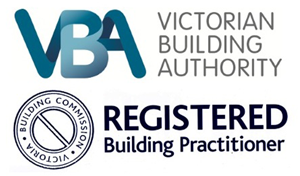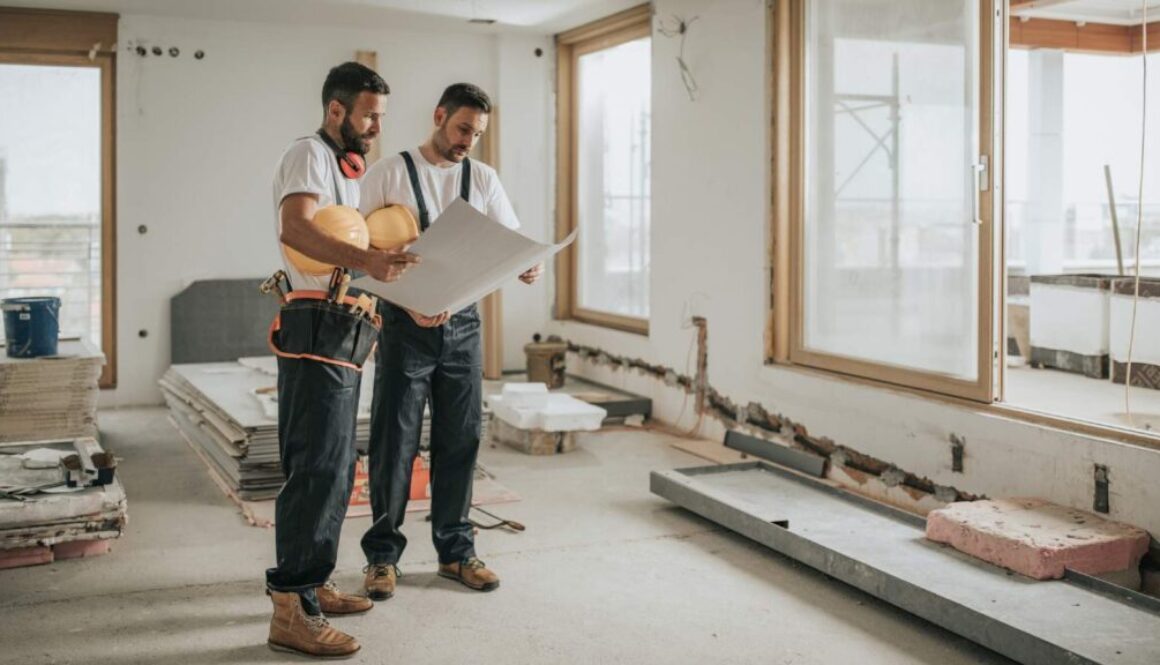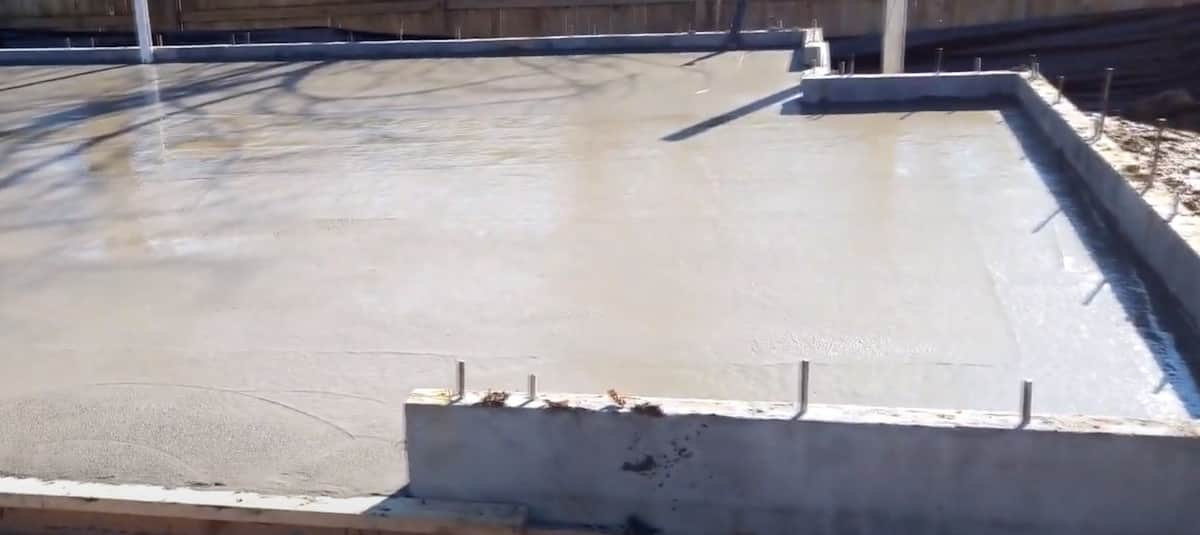Lockup inspection services are a crucial part of the building process, ensuring that your property is secure and on track for successful completion. This guide will cover everything you need to know about lockup inspection services, the importance of a lockup stage inspection, and how building inspection services play a vital role in maintaining construction standards.
What is a Lockup Inspection?
A lockup inspection occurs when a building reaches the “lockup” stage, meaning the structure is complete and secure enough to be locked up. This stage typically includes the installation of external doors, windows, and the roof. The purpose of the lockup inspection is to verify that these elements are installed correctly and meet all required standards.
Key Components of a Lockup Inspection
Doors and Windows
During a lockup inspection, the inspector checks that all external doors and windows are properly installed, functional, and secure. This includes ensuring that they are correctly aligned, sealed, and lockable to prevent unauthorized access and weather intrusion.
Roofing
The roof is inspected to ensure it is fully installed and meets all safety and quality standards. This includes checking for proper installation of roofing materials, flashing, and gutters to ensure that the roof is weatherproof and structurally sound.
External Cladding
The external cladding, including bricks, siding, or other materials, is examined to ensure it is installed correctly and provides adequate protection against the elements. The inspector checks for any gaps, misalignments, or defects that could compromise the building’s integrity.
Structural Integrity
At the lockup stage, the building’s structural elements, such as framing, support beams, and walls, are inspected to ensure they meet all relevant building codes and standards. This ensures that the building is safe and stable as construction progresses to the next stages.
Importance of Lockup Stage Inspection
Ensuring Compliance
A lockup stage inspection ensures that your building complies with all relevant regulations and standards. This is crucial for avoiding costly delays and rework later in the construction process.
Identifying Issues Early
By conducting an inspection at the lockup stage, any potential issues can be identified and addressed early, before they become more significant problems. This proactive approach helps maintain the construction timeline and budget.
Quality Assurance
Lockup inspections provide an additional layer of quality assurance, ensuring that all work completed up to this point meets high standards of craftsmanship and safety. This is vital for the long-term durability and performance of the building.
Role of Professional Building Inspection Services
Expertise and Experience
Professional building inspection services bring expertise and experience to the inspection process. Qualified inspectors understand the complexities of construction and can identify issues that may not be apparent to the untrained eye.
Detailed Reporting
After a lockup inspection, professional inspectors provide detailed reports outlining their findings. These reports include photographs, descriptions of any issues, and recommendations for corrective actions, providing valuable documentation for the construction process.
Peace of Mind
Engaging professional building inspection services offers peace of mind, knowing that your construction project is being monitored and evaluated by experts. This helps ensure that your building is constructed to the highest standards and free from defects.
For reliable lockup inspection services, Quality Building Consultant offers comprehensive inspection solutions tailored to your specific needs. Their team of experienced inspectors is dedicated to ensuring that your construction project meets all necessary standards and progresses smoothly.
Understanding the importance of lockup inspections and the role they play in the construction process is essential for any building project. By ensuring that your building is secure and compliant at this critical stage, you can proceed with confidence to the next phases of construction.







